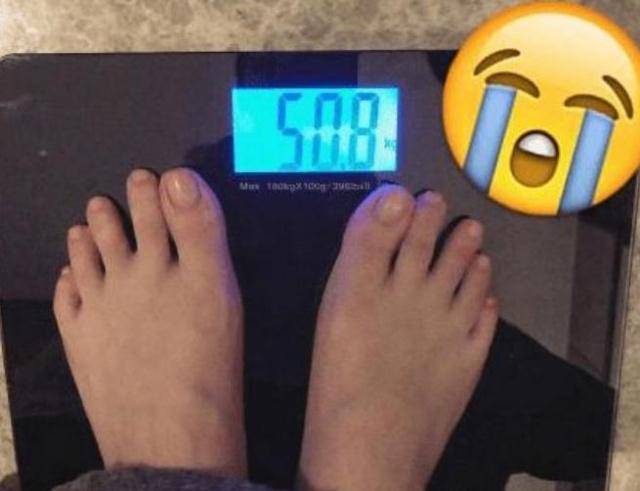When starting to lose weight, vigorously exercising, controlling diet properly, the weight will steadily decrease. However, after a period of time, it is found that neither the amount of exercise nor the diet has changed significantly. There may even be an increase in exercise, yet the weight remains stagnant. What is going on? In fact, encountering such a situation during weight loss indicates that the weight loss has entered a plateau period.
What is a weight loss plateau?
The so-called weight loss plateau is when the daily calorie intake and the body’s calorie expenditure are in a state of balance, which in turn affects the changes in weight, making it easily stagnant. Actually, after a period of weight loss, entering such a plateau phase is a form of self-protection for the body.
As the calorie intake may continue to decrease during weight loss, the body may feel threatened at this point. It will then enhance the absorption and utilization of food intake, as well as reduce the body’s basal metabolic rate to reach a new balance. When this situation occurs, how should one respond to continue the weight loss process?
Is weight loss hopeless once entering the plateau phase?
Entering a plateau phase during weight loss is only a normal stage. As long as you can apply the correct methods to overcome the plateau, you can continue to lose weight. The plateau phase is the most challenging stage of weight loss; if you do not see results during this phase, you may feel discouraged or even give up. Therefore, the key to overcoming the plateau phase lies in adjusting your mindset and weight loss plan.
If you enter a plateau phase during weight loss, you can adjust your weight loss plan in the following ways:
Exercise:
After entering the plateau phase of weight loss, your total exercise amount can remain consistent with the previous period, but it must not be lower than before. Additionally, there should be changes in the type of exercises. You can combine aerobic exercises with strength training, adjust the exercise duration, such as increasing from three times a week to four times, breaking the previous routine, which will help you pass through the plateau phase more easily.
Dietary control:
After entering the plateau phase, you should exercise stricter control over your diet. This does not necessarily mean reducing the amount of food consumed but breaking the previous dietary routine to make it adapt to new changes, which might be more beneficial for weight adjustment.
Ensure Adequate Sleep:
Whether during the plateau phase or at the beginning of weight loss, it is crucial to ensure adequate sleep of 7 to 9 hours daily. Consistently maintaining a good sleeping schedule will help you overcome the plateau phase more quickly and aid in weight loss. By adjusting your weight loss plan during the plateau period, your weight will continue to decrease!


